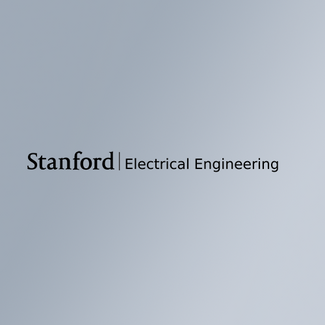
Magnetic Resonance Imaging
Sapp Lecrture Hall 114
Abstract: Single spin resonance has found its way into versatile quantum applications. Spins are e.g. leading contenders in the race for practical quantum computers. Good photonic interfaces as well as excellent spin coherence properties and coherent control make them close to ideal candidates for small scale quantum registers needed for quantum networks [1]. Single spins and few spin clusters are also ideal playgrounds to explore fundamental properties of quantum physics, like e.g. probing the "quantumness" of a system or understanding the measurement process with unprecedented accuracy 2,3.
Beyond that, single spin probes are developing into versatile tools for measuring material properties with high spatial resolution. Besides nanoscale NMR [4, specifically magnetic materials are investigated by single spin quantum probes with unprecedented spatial resolution [5]. The talk will highlight
About the Speaker: Jörg Wrachtrup, Professor and Director of the 3rd Institute of Physics (since 2000) and the Center for Applied Quantum Technology (since 2016), both of the University of Stuttgart, as well as Max Planck fellow at the MPI for Solid State Research Stuttgart, has pioneered the field of single-spin physics by initiating the very first single electron and subsequently the first single nuclear spins experiments. By combining optics and spin resonance, he discovered defects in insulators, most notably defects in diamond, as a valuable system for quantum information processing in a novel type of quantum sensor for electric and magnetic fields. He and his group pioneered the application of these novel sensor techniques. His current research interest is geared towards the application of quantum enhanced sensing in biomedical as well as material sciences.
Professor Wrachtrup has published more than 300 papers in refereed journals with numerous Nature and Science papers, plus reviews in both journals over the past years. In 2011 and 2017, he was awarded two Advanced Research Grants of the European Research Council, in 2012 he received the Leibniz Prize of the German Science Foundation, the Bruker Prize in 2013, and the Max Planck Research Award in 2014. Jörg Wrachtrup has been awarded the Europhysics Prize Award of the European Physical Society and the Gold Medal of the International Society for Electron Spin Resonance in 2020. He is a member of the Berlin Brandenburg Academy of Science and has continuously been listed as a "Highly Cited Researcher" since 2014.
Please email chemistry-communications@stanford.edu with questions about the upcoming lectureship.